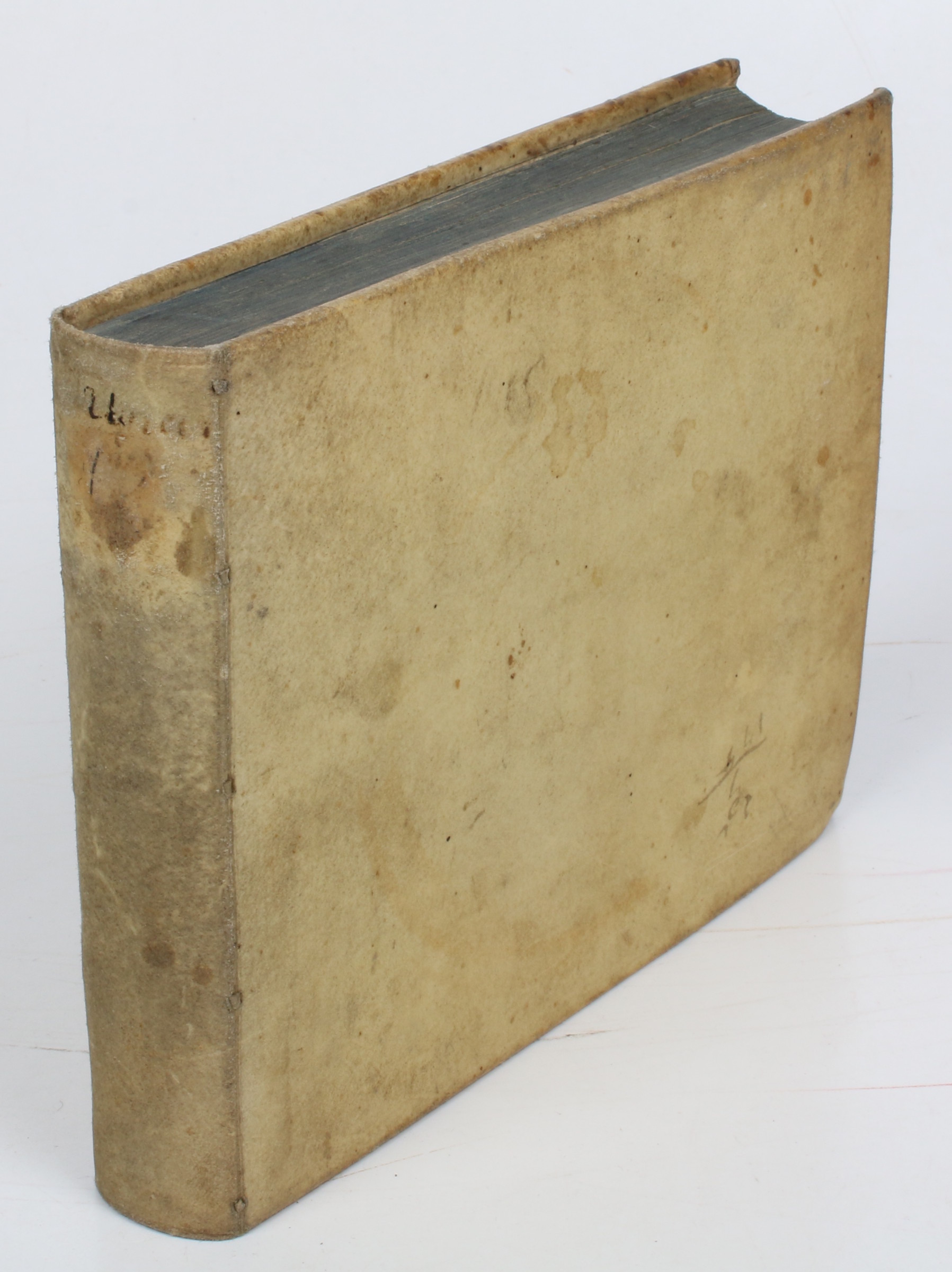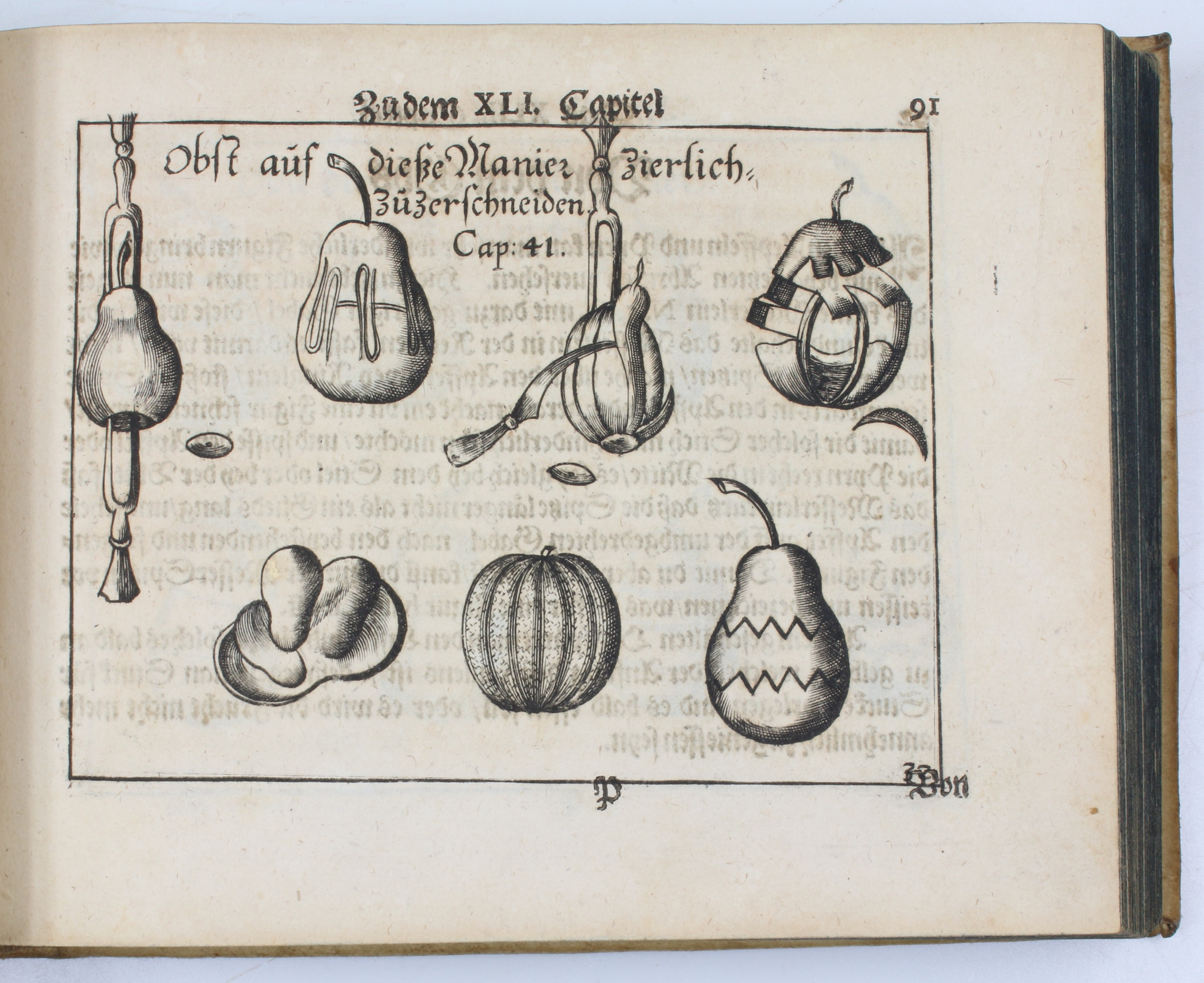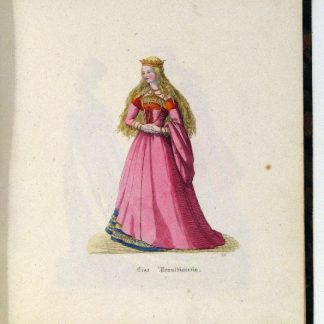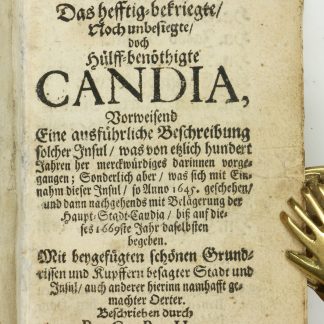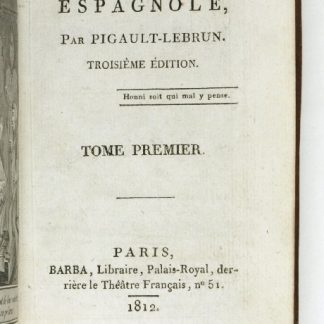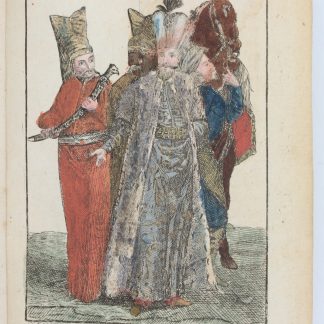[SOLD]
This item has sold. We are always interested in acquiring another copy or any item of comparable quality.
The art of folding napkins
Vollständig vermehrtes Trincir-Buch, Handlend: I. Von den Tafeldecken, und was demselbigen anhängig. II. Von Zerschneidung und Vorlegung der Speisen. III. Von rechter Zeitigung aller Mundkoste, oder von dem Kuchenkalender, durch das gantze Jahr. IV. Von den Schaugerichten, und etlichen Denckwürdigen Bancketen. Diesen sind angefüget XXIV Gast- oder Tischfragen, und ist ferners neurlich beygebracht, was in den ersten Theilen, und sonderlich von dem Tafeldecken ausgelassen worden.
Oblong 8vo. (20) nn., 327 (misprinted: 237), (11) SS. Engraved title, engraved section titles to Parts II and IV, engraved allegorical portrait bust of Count Wolfegg, 2 engraved folding plates of carving instruments, 57 full-page text engravings, decorative woodcut initials, bands and tail-pieces of printer's fleurons. Contemporary vellum, coloured edges.
Rare reissue of the first edition of this conduct book in which Harsdörffer's name appears as editor (with only the title-pages changed), the fourth overall. Harsdörffer (1607-58) enlarged Maximilian Wilibald Wolffegg's original work, which had contained merely the barest essentials on carving, into an impressive volume which covers not only the carving, serving, and presentation of food, but also the ordering of banquets and the folding of napkins. The volume includes as well two short plays, numerous poems, and Gesprächspiele.
"Harsdörffer was a member of the leading circles in the republic of Nuremberg [...] His most important contribution lies in the fact that in the middle of a century of absolutism he created a bourgeois culture. He did it in a literary way by sending out into the world an enormous number of books, translations, collections of short stories, and anecdotes, as well as his own poems, pastorals, and theoretical works" (Faber du Faur I, p. 135f.).
An unusually fine copy, printed on better paper and therefore not at all browned. An excellent example of Baroque literature of manners, or "polite literature".
Dünnhaupt II, 782, 6 d. Cf. VD 17, 23:286183U (1652 edition).





